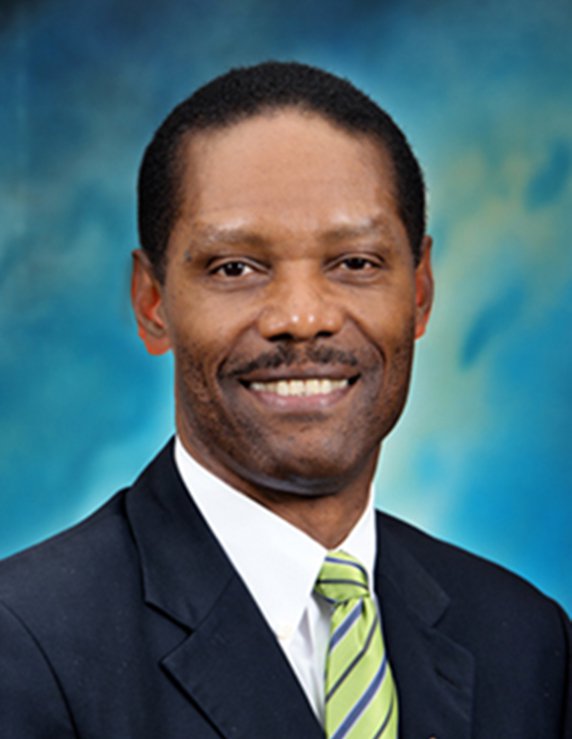Transformational leaders needed during uncertainty
From the the ACSA President, Ron Williams
September 7, 2020

We are living during “the best of times and the worst of times” — a global pandemic crisis within and across nations with people sick, dying, and in need of support; a global economic recession with jobs vanishing and people their losing homes; global social justice protests; concerns for youth regarding schools and how to address the safety needs of youth and teachers; and fires that are burning across California during sweltering heat waves — all of which have increased people’s stress levels.
Outcomes from leaders in education have never been so critical. This includes being competent change agents or transformational leaders. Although numerous organizations, including ACSA, have provided practical information, transformative leaders are needed in successfully reopening schools.
1. Transformational leaders:
- Must be grounded in the conviction that the safety of students, teachers, staff members and their families is the highest priority.
- Must listen critically and dialogue competently with a variety of voices (i.e., medical researchers, stakeholders, fellow administrators, and others knowledgeable about opening schools).
- Must think systemically to convert challenges into opportunities for changing needs (e.g., repurposing staff members and directing support needed for such repurposing; understanding the human side of change and what teachers will need to know and be able to do in creating a successful learning experience for their students).
- Must convey an expectation of success for staff, students, parents, and other stakeholders in understanding and implementing a new education system through distance learning where the learning platform is transferred from in-person teaching and learning into a virtual environment.
- Must convey accurate information to all stakeholders through a variety of mediums. This new environment is fundamentally new to our teachers, students and administrators, although we experimented with this concept this past spring.
- The accountability system developed this fall has multiple accountability components requiring much greater adherence to integrated policies in the virtual environment.
- Reopening plans reflected our best thinking in their construction; however, within a month, gaps surfaced in our thinking and planning.
- Throughout the process, leaders encouraged agility in our schools and districts to embrace adaptation (e.g., we deployed strategies/innovations once considered unattainable, rather than being constrained by previous staffing and resource allocation limitations).
- Identify other limitations impeding transformation and address them for further identification of opportunities.
- Identify the current culture of the school and district; determine what is needed to shift from a culture that resists change to one that recognizes and embraces change.
- What are internal and external factors in local school and district environments that can be used immediately to shift platforms?
- How does the current culture impact the latitude transformational leaders need for implementation?
- What needs to change in the culture so as to implement “on the fly” needed changes throughout the process?
- How do plans reflect the agility component and its use to support the adaptability element (i.e., to move from one stage of the reopening process to another)?
- What is the understanding of all stakeholders about the full-fledged continuum plan in terms of how the district will move from one stage to another?
ADVERTISEMENT


